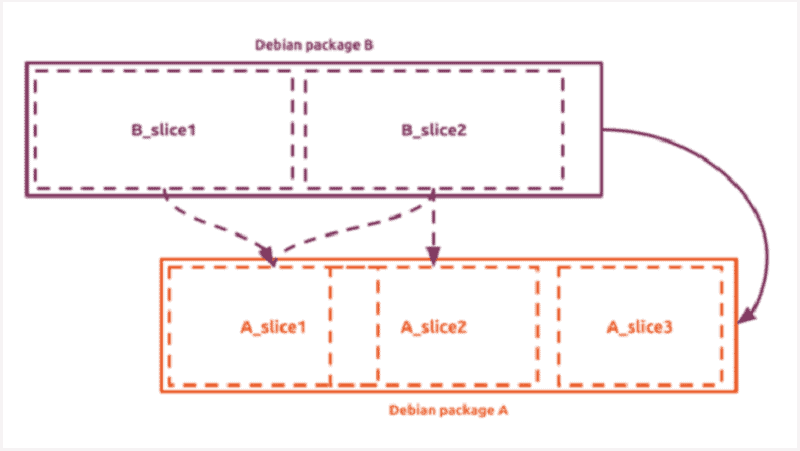Canoincal has introduced “chiselled Ubuntu containers” that reduce the infrastructure required to run cloud-based applications in a production environment.
According to Canonical, the containers are actually small images that conform to Open Container Initiative (OCI) specifications. The open-source Chisel tool is used to create this type of container. The Chisel tool does this by accessing Ubuntu Debian packages via a CLI combined with a very detailed dependency mechanism.
Eventually, this can then be used to create small images or containers that contain only the application in question and its runtime dependencies. OS-level packages, all kinds of other utilities and libraries are not included in the containers.
This keeps the containers small in size. They therefore require less infrastructure to run cloud-based applications in production environments.
In addition, the containers offer benefits for the entire DevOps and DevSecOps cycles, fewer dependency concerns throughout the container CI lifecycle, a Chisel CLI that allows users to build and extend chiselled containers using the same tools as Canonical, and simpler images also mean easier image rebuilds.
Chiselled Ubuntu Containers
The open source specialist has developed more than 20 “dedicated” Chiselled Ubuntu containers for various application runtime environments. Think about Java and Python. Support for .NET 6, .NET 7 and .NET 8 images was also recently agreed with Microsoft. Eventually, any OCI-compatible image can be deployed on those runtime environments.
The containers now released will receive the same support Canonical provides for Linux distri Ubuntu, like five years of bug-fixing and security patching for containers built from the main repository. Canonical is also giving 10 years of security patching for the companion Ubuntu Pro version of its Linux distribution.
Also read: Ubuntu 22.04 LTS is now available

